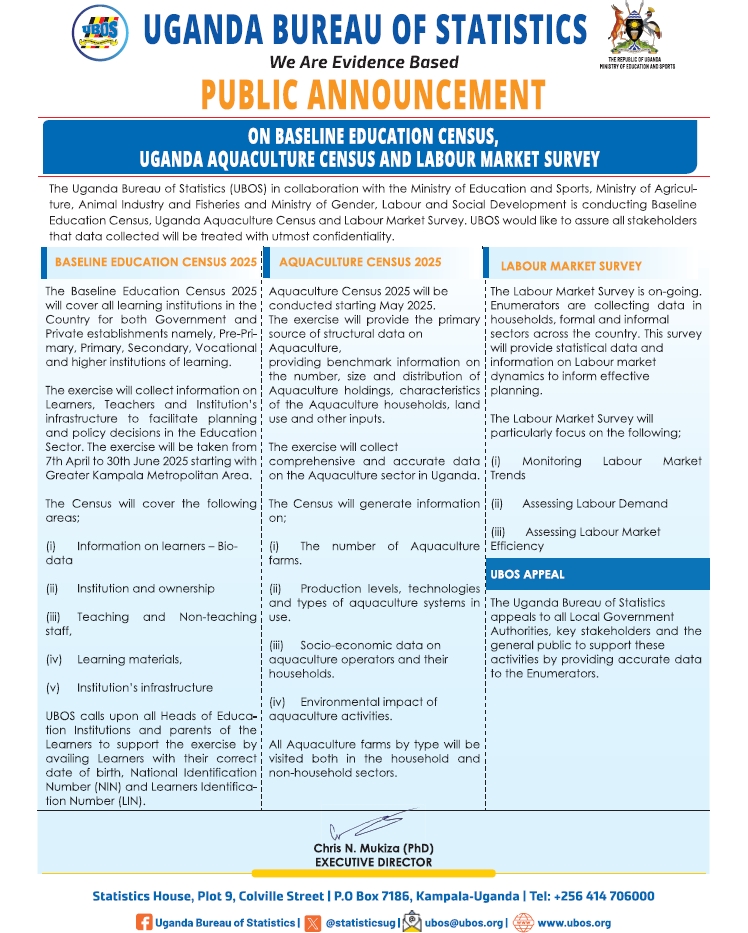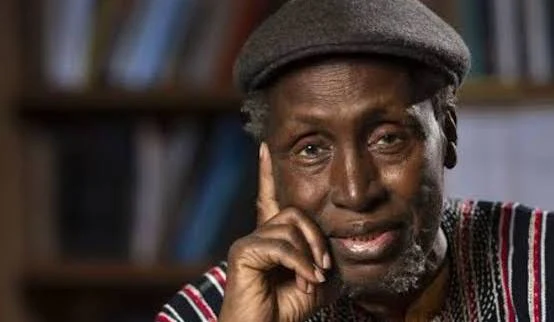Africa’s most influential story teller, Ngũgĩ wa Thiong’o has passed away at the age of 87.
Born James Thiong’o Ngũgĩ in 1938 under British colonial rule, he grew up in a humble farming family in Limuru. Despite financial hardship, his parents made sacrifices to send him to Alliance High School, a mission-run boarding school.
Ngũgĩ’s early years were scarred by colonial violence—his village was destroyed during the Mau Mau uprising crackdown, and his brother Gitogo was tragically shot for not hearing a British soldier’s command due to his deafness.
In 1959, Ngũgĩ left Kenya to study at Makerere University in Uganda, where a fateful meeting with Nigerian literary giant Chinua Achebe helped launch his writing career. His debut novel, Weep Not, Child (1964), became the first major English-language novel by an East African and earned widespread acclaim. This was followed by A Grain of Wheat and The River Between, solidifying his reputation.

By the early 1970s, Ngũgĩ was hailed internationally as one of Africa’s leading contemporary writers. But 1977 proved pivotal. That year, he shed his colonial name, embracing Ngũgĩ wa Thiong’o, and committed to writing exclusively in Kikuyu, his native language. His final English novel, Petals of Blood, boldly critiqued the new Kenyan elite for betraying the people’s hopes after independence.
Ngũgĩ’s outspoken views came at great personal cost. His politically charged play Ngaahika Ndeenda (I Will Marry When I Want) was shut down by the government, and Ngũgĩ spent a year imprisoned without trial. Yet, even behind bars, his creativity flourished; he wrote Devil on the Cross on scraps of toilet paper, defying censorship and isolation.
After his release, Ngũgĩ fled to exile in the UK and later the US, fearing assassination. During this time, he held professorships at renowned institutions, championing African languages in literature—a stance that challenged the dominance of colonial languages like English and French across the continent. His essay collection Decolonising the Mind remains a seminal work on language, culture, and identity.
Ngũgĩ’s return to Kenya after 22 years was met with great celebration but soon overshadowed by a violent attack on him and his wife, which he declared politically motivated. He returned to the US and continued his work until health challenges, including heart surgery and cancer, gradually took their toll.


